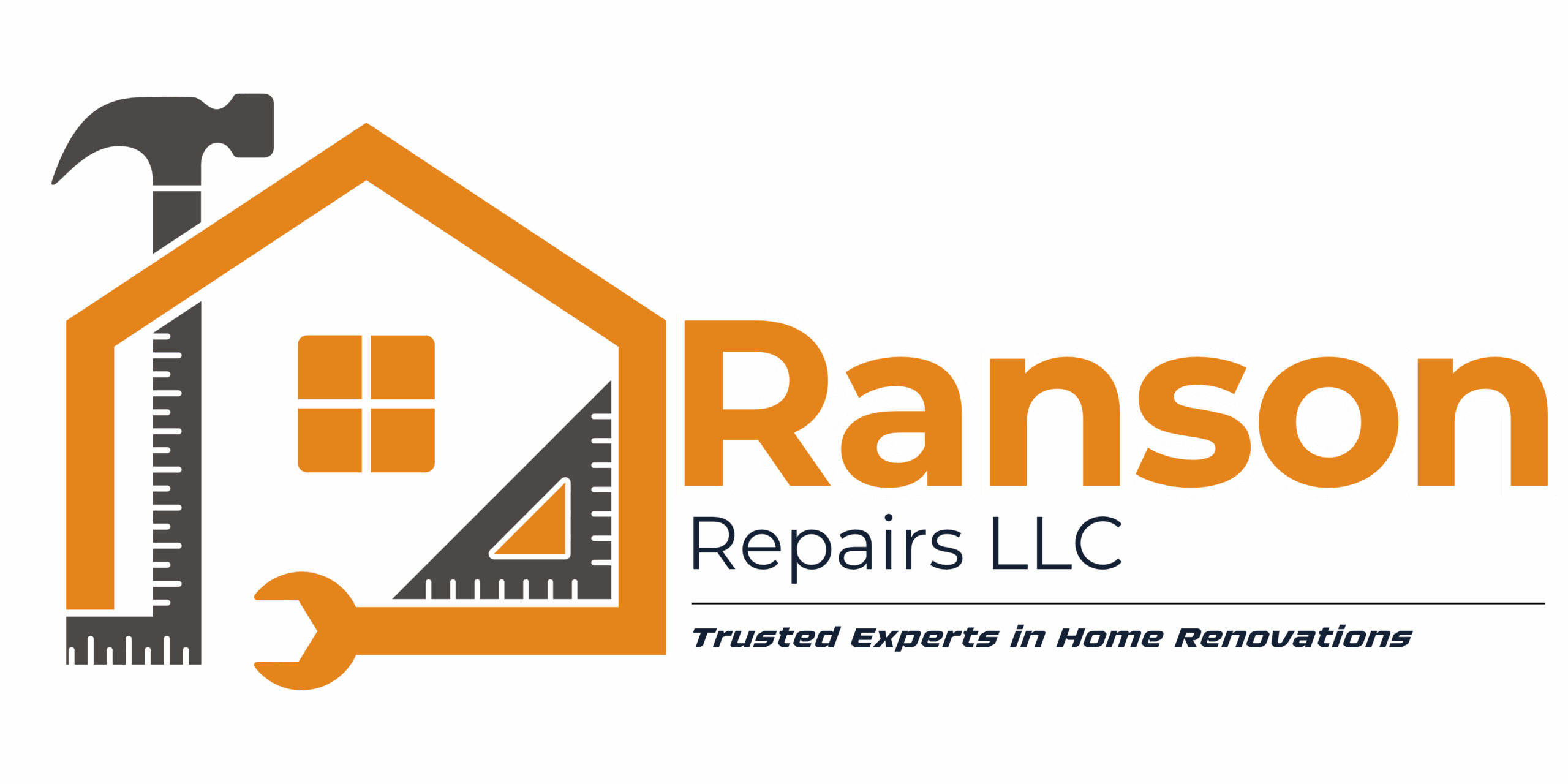Homeownership comes with a sense of pride—and a long list of responsibilities. While many home repairs can be tackled with a bit of DIY spirit, there comes a point where rolling up your sleeves just isn’t enough. Knowing when to call a professional for home repairs can save you time, money, and prevent small issues from snowballing into costly disasters.
So how do you know when it’s time to call in the pros? Here’s a practical guide to help you make that decision with confidence.
- When Safety Is at Risk
If the repair involves electricity, gas, roofing, or structural components, it’s best to step back and call a licensed professional. Electrical work, for example, can pose serious fire or shock hazards if not handled properly. Gas leaks or faulty plumbing can lead to long-term damage—or worse.
Examples:
- Flickering lights or frequently tripped breakers
- The smell of gas near a stove or furnace
- Sagging rooflines or large ceiling cracks
Rule of thumb: If there’s even a slight risk to your health or safety, it’s not worth the gamble. A professional will have the training, tools, and insurance to get the job done safely.
- The Problem Keeps Coming Back
Have you fixed the same leaky pipe three times? Are you constantly battling mold in the bathroom? Recurring issues are a red flag that the root cause hasn’t been addressed. While surface-level fixes may offer temporary relief, deeper problems require expert attention.
A skilled contractor or plumber can assess the situation, diagnose the real problem, and apply a long-term solution—so you’re not stuck in a frustrating cycle of repairs.
- You Don’t Have the Tools or Experience
DIY isn’t always as easy as it looks on YouTube. Some projects require specialized tools, permits, or technical knowledge that the average homeowner simply doesn’t have. Attempting repairs without the right equipment can lead to mistakes, injuries, or further damage.
If you’re unsure about:
- Load-bearing walls
- HVAC systems
- Advanced plumbing or electrical layouts
…it’s time to call someone who knows their stuff.
- The Job Requires a Permit
If a repair or renovation requires a permit in your area, that’s usually a clear sign it’s not a DIY-friendly project. Electrical rewiring, new plumbing installations, structural modifications, and roofing work often fall into this category.
Permits exist to ensure that repairs meet local safety and building codes. Hiring a licensed contractor not only ensures compliance but can also protect you from fines, failed inspections, or insurance issues later on.
- It’s Taking Too Long
Your weekend project has now stretched into week three. You’ve made multiple trips to the hardware store, watched tutorials, and still don’t feel confident in your progress. If your repair is eating up your time and stressing you out, it might be worth paying a professional to finish the job efficiently.
Time is money—and sometimes, hiring a pro is the most cost-effective solution in the long run.
- It Affects Your Home’s Value
Certain repairs, if done improperly, can impact your home’s resale value or even void warranties. For instance, a poorly installed water heater, HVAC system, or roof can raise red flags for home inspectors and potential buyers.
If you’re planning to sell in the near future—or just want peace of mind—it’s often smarter to let a licensed expert handle these high-impact areas.
- You’re in Over Your Head Emotionally
Let’s be honest: DIY projects can be stressful. When frustration, anxiety, or burnout starts to outweigh the satisfaction of doing it yourself, it may be a sign to hand off the task. There’s no shame in outsourcing, especially if it preserves your mental well-being.
A reliable professional can take the pressure off and let you focus on other aspects of homeownership—or life in general.
- There’s Visible Damage You Don’t Understand
Water stains on the ceiling, cracks in the foundation, or warped flooring can indicate underlying issues that are not visible to the untrained eye. Calling in a pro for an inspection or diagnosis can help you catch and address the source before it turns into a major repair.
Even if it turns out to be minor, a professional assessment provides clarity and peace of mind.
- You Need the Work Guaranteed
Professionals often provide warranties or service guarantees—something DIY repairs can’t offer. If a repair fails later on, you’ll be left fixing it again (and paying again) unless you worked with a reputable contractor. Hiring someone who stands behind their work protects your investment. - You’re Unsure About Building Codes or Regulations
Each city or county has its own building codes and regulations. Ignoring them can result in fines, forced changes, or complications during a future home sale. Professionals are well-versed in these codes and can ensure the work is done to legal standards.
This is especially important for renovations, additions, or anything involving plumbing, electrical, or HVAC systems.
Bonus Tip: Don’t Wait Too Long
One of the biggest mistakes homeowners make is waiting too long to ask for help. What starts as a small issue—a cracked tile, a dripping faucet, or a flickering light—can quickly escalate if ignored. Don’t let pride or procrastination cost you more than necessary.
A quick consultation or quote can often help you decide the best path forward.
When DIY Makes Sense
Of course, not every repair needs a pro. Here are a few examples of common tasks you can usually handle yourself:
- Replacing air filters
- Tightening loose cabinet handles
- Caulking the tub
- Painting walls or baseboards
- Fixing a running toilet
If you’re comfortable and confident, and the risk is low—go for it!
Final Thoughts
Knowing when to call a professional for home repairs isn’t a sign of weakness—it’s a sign of smart homeownership. Some jobs are best left to the experts who have the tools, training, and experience to do it right the first time.
Save yourself the time, frustration, and risk by learning to recognize the signs early. Whether it’s a plumbing issue you can’t trace, an electrical problem that won’t quit, or simply a job that feels too big to handle, picking up the phone might be the best decision you make for your home.
After all, the goal is not just to fix problems—but to protect your home, your safety, and your peace of mind.

